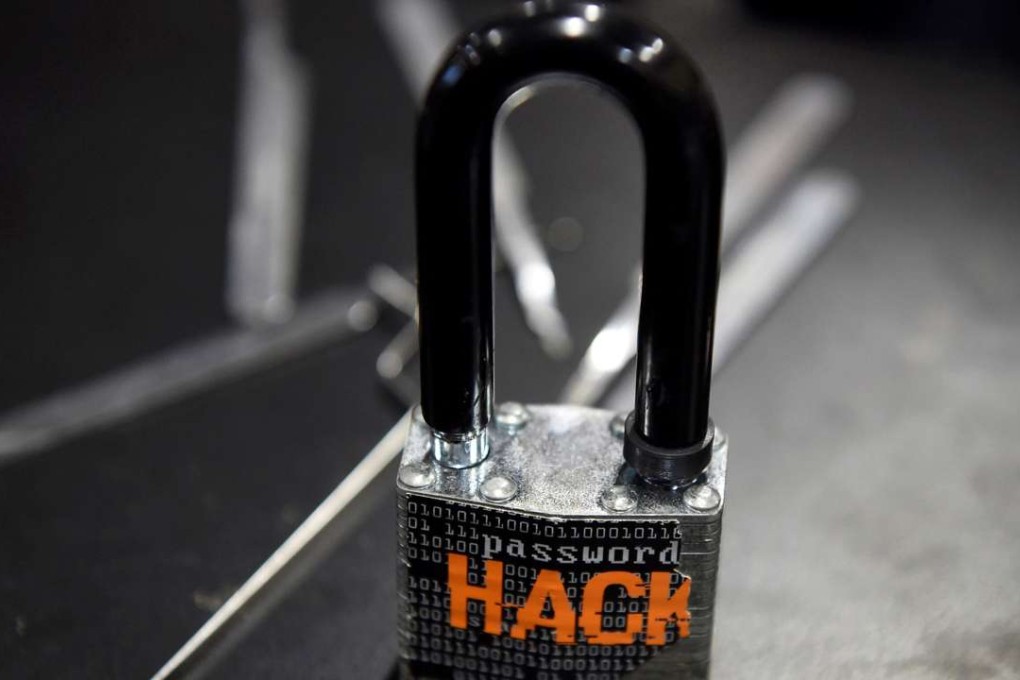China mulls new commission to monitor internet risks
New commission would check whether products and hardware can be hijacked by outside forces

Beijing is considering establishing a high-level inter-departmental commission to screen internet services and hardwareas it tightens its grip over cyberspace.
The Cyberspace Administration of China issued a draft outline on Saturday of measures to bolster online security, saying the commission would assess whether products such as servers or internet services could be hijacked by an outside party, and the privacy of users compromised. The commission would coordinate work related to the screening, the draft said.
It said government and Communist Party offices should only purchase products or services vetted by the committee.
Operators of critical internet infrastructure that could involve state security should also use only approved products and services.

Beijing has also adopted a controversial cybersecurity law, which requires “operators of critical information infrastructure” to store personal information and important business data within the Chinese mainland. It has also launched a nationwide campaign against unauthorised internet connections, including virtual private networks that allow users to bypass internet regulators.